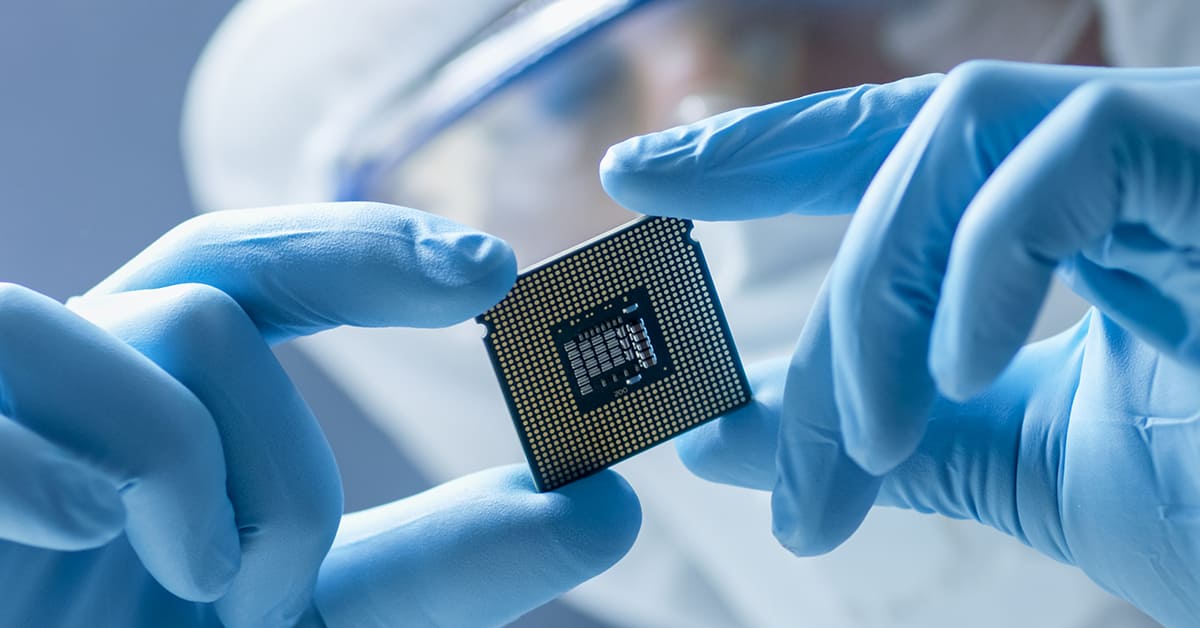The sale of UK-based microchip designer Arm to Nvidia was scrapped due to significant regulatory hurdles.

The collapse of Japanese conglomerate SoftBank’s $66 billion sale of UK-based microchip designer Arm to Nvidia, a US-based manufacturer of graphics processing units (GPUs), has cast a shadow over future M&A activity within the semiconductor industry.
According to semiconductor analyst Malcolm Penn, founder and CEO of Futures Horizons, Arm’s dominant market position and intense competition to meet global chip demand led to a perceived anticompetitive threat, which proved to be an insurmountable hurdle.
“This, together with the global onshoring sentiment and concerns about the FANG [Facebook, Amazon, Netflix and Google] tech giants’ market dominance, now makes megadeals a no-go area. Arm, for example, is now untouchable,” Penn says.
Arm licenses its designs to hundreds of companies globally, including Qualcomm, Microsoft, Apple, Samsung, Tesla and Nvidia, which rely on those designs for their chips. Such a dependency piqued the interest of regulators in the US, UK, EU and China, subjecting the deal to intense scrutiny since being announced with much fanfare in September 2020.
Penn isn’t sure that such concerns are entirely justified, and says that regulators may regret the decision. Despite assurances from both Arm and Nvidia that the latter would not benefit from an unfair advantage by having first rights to Arm’s technology, SoftBank and Nvidia scrapped the deal due to “significant regulatory challenges preventing the consummation of the transaction, despite good-faith efforts by the parties.”
As a result, Softbank will receive a breakup fee of up to $1.25 billion and plans an initial public offering for Arm before the end of March 2023. However, Penn doubts an IPO will help Arm meet its future R&D needs.
“Arm needs a much bigger cash injection than any IPO could bring, plus it’s going to take years before any new R&D pays off. I doubt investors are that patient,” he says. “The takeover collapse will probably transpire to be the biggest own goal in the chip industry’s history.”



